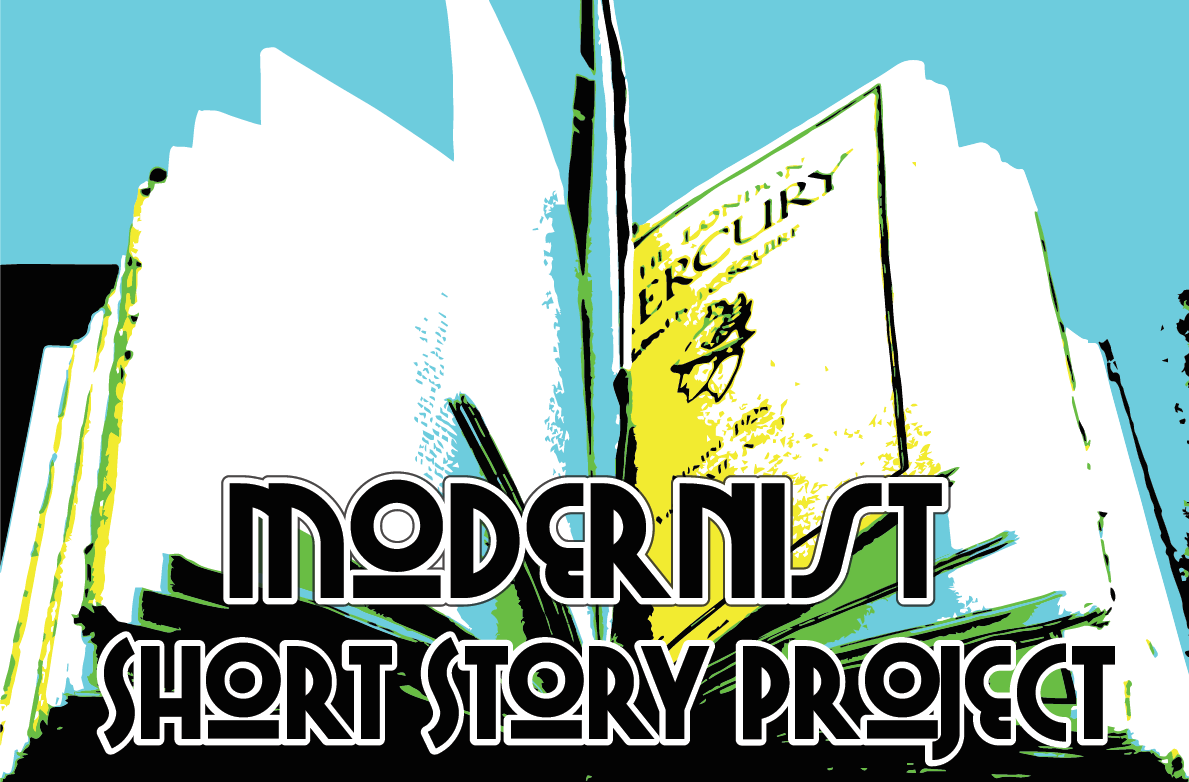Document Type
Article
Publication Date
Winter 2019
Abstract
The 20th century author Frank Swinnerton was well respected for writing “excellent, credible stories about contemporary people, usually living in or near London, [people who were] intelligent and aware of the times they were living in but concerned above all with their relationships as friends, enemies, lovers, or rivals in love” (Times). Despite Swinnerton’s relative renown, his biographies do not mention that he wrote short stories, so the discovery of his short stories in at least two 20th century periodicals, The Open Window and Rhythm, sheds light on a largely ignored aspect of the author’s work. Swinnerton’s short stories, like his novels, focus on relationships and everyday experiences. His story “A Day in Potter’s Life,” for example, follows an awkward, rather depressed young fellow on a blind date with a girl he just so happened to watch on a train earlier that day. The foreignness of romance and social connection greatly affects the main character, whose life, much like Swinnerton’s own, is predictable and averagely middle class. Despite the ordinariness of these events, Potter undergoes profound internal change and experiences an epiphany as a result of his altered understanding of femininity. These themes, along with the literary tools used to convey them, align closely with the aims of modernist literature.
Recommended Citation
Davies, Megan, "Individual Femininity and the Modernist Epiphany" (2019). Modernist Short Story Project. 28.
https://scholarsarchive.byu.edu/mssp/28

